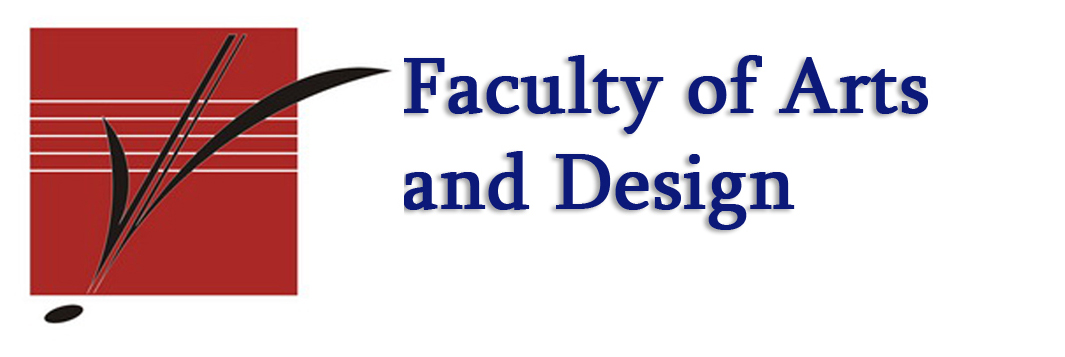|
Faculty
|

|
|
Specialty
|
1-16 80 01 Music Art |
| Profilization |
Psychological Consulting and Psychological Correction |
| Language of study |
English |
| Mode of study |
Full-time |
| Term of study |
1 year |
| Entrance exams for foreign citizens |
|
|
Curriculum
(with an indication of the main disciplines studied)
|
Names of master’s degree students’ activities, cycles of disciplines, disciplines |
Number of credits |
| |
1. State constituent |
| |
1.1 Music Education and Science Module |
|
|
- 1.1.1. Pedagogy and psychology of higher education
The system of higher education in modern conditions. Pedagogical foundations of the learning process in higher education. The main methods, forms and means of teaching at the university. Independent and research work of students. Technologization and informatization of the educational process at the university. Innovations in higher education and pedagogical activity of the university teacher. The essence of the process of education at the university. The educational system at the university. Psychological and pedagogical foundations of university management. Subjects of the educational process in higher education. Educational activities of students. Psychological foundations of pedagogical activity in higher education. |
3 |
| |
- 1.1.2. Current Trends in the Management Activities of a Musician
Professional culture the manager. The specifics of modern trends in the management of an organization, institution. The main directions of management activity. The main directions of the musician's managerial activity. |
6 |
| |
- 1.1.3. Methodology of Contemporary Musicology
Types of research activities of a musicologist. The specifics of the main sections of modern musicology. Methodological role of the categories of dialectics in musicology. Ideas of new art in musicology. Historical theory of music. Functional understanding of musical phenomena. System approach as a method of modern musicology. Semiotic approach to musicology. Perception of music as an object of research in musical psychology. The meaning of the typological approach to polyphony. |
3 |
| |
1.2. Module 'Research work' |
| |
Methods of scientific knowledge in independent research activities, generation and implementation of innovative ideas. Research activities. Systematization of knowledge in the field of methodology of social and humanitarian sciences for solving problems in professional activity. |
6 |
| |
2. Higher education institution component |
| |
2.1. Module 'Actual directions of Professional Activity' |
| |
Types and principles of scientific research. Scientific ethics. Organizational and preparatory stage of the master's research work. Introduction of the Master's thesis. |
6 |
| |
2.2. Module ‘The Art of Interpretation’ |
| |
Formation of the performing concept of a musical work. Actualization of the performance concept of a musical work. |
12 |
| |
Stages of the marketing management process. The process of targeted marketing. Commodity and price policy of the enterprise. Distribution and communication policy in marketing. Introduction to Project management theory. Integration processes and creative project initiation. Project content management. Risk management of a creative project. Project resource planning. Managing project deadlines. Project cost management. Project quality management. Execution processes and project monitoring and control processes. Project procurement management. Project completion management. Project team management. |
3 |
| |
Stages in the development of the performing arts. Interpretation as the basis of the performing arts. |
6 |
| |
The practice is aimed at consolidating the knowledge and skills acquired in the course of theoretical training in the master's program, mastering the skills of studying current scientific and applied problems, solving social and professional problems, applying innovative technologies, etc. |
3 |
|
The main competencies that
the graduate will acquire
|
-
The master must have the following universal competencies:
Universal competence-1. Be able to apply the methods of scientific knowledge (analysis, comparison, systematization, abstraction, modeling, data validation, decision-making, etc.) in independent research activities, generate and implement innovative ideas.
Universal competence-2. Be able to carry out pedagogical activities in educational institutions, master and implement effective educational and information and communication technologies, pedagogical innovations.
Universal competence-3. Possess the methodology of scientific knowledge, be able to analyze and evaluate the content and level of philosophical and methodological problems in solving problems of research and innovation.
Universal competence-4. Be able to conduct research activities, possess methods and skills of selection, system analysis and generalization of professionally relevant information, generate and use new ideas.
Universal competence-5. Be able to organize multi-sided communication, make decisions and be responsible for them in working with the team.
Universal competence6. Be able to make decisions on determining the development strategy of an educational institution.
The master must have the following in-depth professional competencies:
In-depth professional competence-1. Be able to teach music and pedagogical disciplines in institutions of higher education at the modern scientific, theoretical and methodological levels.
In-depth professional competence-2. Be able to systematize knowledge in the field of methodology of social sciences and humanities for solving problems in professional activity.
In-depth professional competence-3. Be able to design, develop documentation, implement plans and programs in the fields of creative activity, education, and science.
|
| Options to continue education (postgraduate specialties) |
The master's degree must be prepared for the development of the postgraduate educational program mainly in the following specialties:
17.00.02 Music Art;
13.00.08 Theory and Methodology of Professional Education. |
| Graduate certificate |
MASTER’S DEGREE DIPLOMA |









































